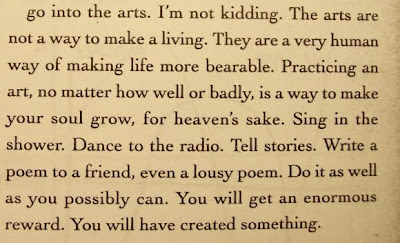'once in a blue moon...'
Oh yes. Another moon post. I promise this is the last! (Well, until the harvest moon at least...)
But it is a blue moon today. And I can't but acknowledge it. Moon-lover, writer, poet, kind-of-crazy that I am. A blue moon only occurs well....once in a blue moon - in other words, rarely. Once every 2.7 years I think is the astrological calculation.
So, what is it about a blue moon that catches the imagination? Its implied magic? Its trumpeting of cosmically occurring chances? Its telling of a time when out-of-the-ordinary one-off things can happen?
It's not actually blue in colour - no. But that would be pretty cool. The blue moon gets its name from the old English word 'belewe' which meant 'betrayal', which was suggestive of how it deviates from the every 28day occuring monthly full moon, interrupting the calendar rotation in a way.
All full moons are pretty auspicious. Times to reap the benefits of what we've been hoping, dreaming, planning, working at, developing. A blue moon, the second full moon in a month, then implies a double reaping, double the benefits.
Because the moon has such a strong effect on our emotions, there's bound to be some commotion when there's two full moons in one month. Feelings get amplified, our awareness of truths that matter to us becomes illuminated and as such, leads to more happenings in deference of our emotional orbits. I guess. The moon, in myth and lore, is supposed to represent our disembodied psyche that looks down on us from a distance, removed from everyday life. If that's the case, on a blue moon, we feel closer to our psyches, our true selves, and as such may feel more in touch with ourselves and more willing to do what it is that feels true for us.
I also read today that a blue moon enhances communication and creativity
- blue of course - being the colour of the throat chakra, the space of
our communicative and creative energies. Hmm, could be something in that. I think I'm being affected in some way. It's only once in a blue moon I post so frequently!
Away from moon lore now and to popular culture. The well-known song 'Blue Moon', (which I have already posted on my poem-a-day blog and Facebook page, so I'll not do it here...!) contains all the bluesy melancholy feelings of sadness and loneliness of someone lost in love, but lo and behold, the blue moon comes along (literal, or a metaphor for a surprise occurrence) and all is solved, ta-dah!
Anyway, since I couldn't find any poems on the theme, I've posted one of my own below, one describing a time and space where 'anything goes', both literally and thematically (written from a cool little exercise called '20 Little Poetry Projects' which you can see here)
until the next time,
~ Siobhán.
Blue
Moon
The moon was a swaying pendulum,
that time we danced the 2 x 2, Ella’s
moody heavy blues filling the air.
I watched your eyes blow blue bubbles
as you tried to paint the night with words
that smelt like liquorice, Paris, 1962.
The night was a turquoise secret flinging
confetti star secrets of who we were meant to be.
Tripped over ourselves in a crescendo of
cobblestones, orbiting each other in lunar time,
aeons apart but papier-mâchéd together.
(Blue eyes meant inside we were blue.)
But feet clung to the sticky floor of uncertainty
until green grass grew on our spines;
boredom tastes starchy like lace,
so I jumped over that moon for you -
dressed myself in stars to burn forever in your
blue fire, core deep.
Before midnight rings out its dark curfew, I'll
lasso your heart; blue moon, high hopes,
stone’s throw, here goes -
stone’s throw, here goes -
mais je ne sais pas qu’est ce que tu penses.
Wrap those arms around me ticked the clock,
while the moon spilled its light in a puddle at my feet.
©
Siobhán Mc Laughlin








